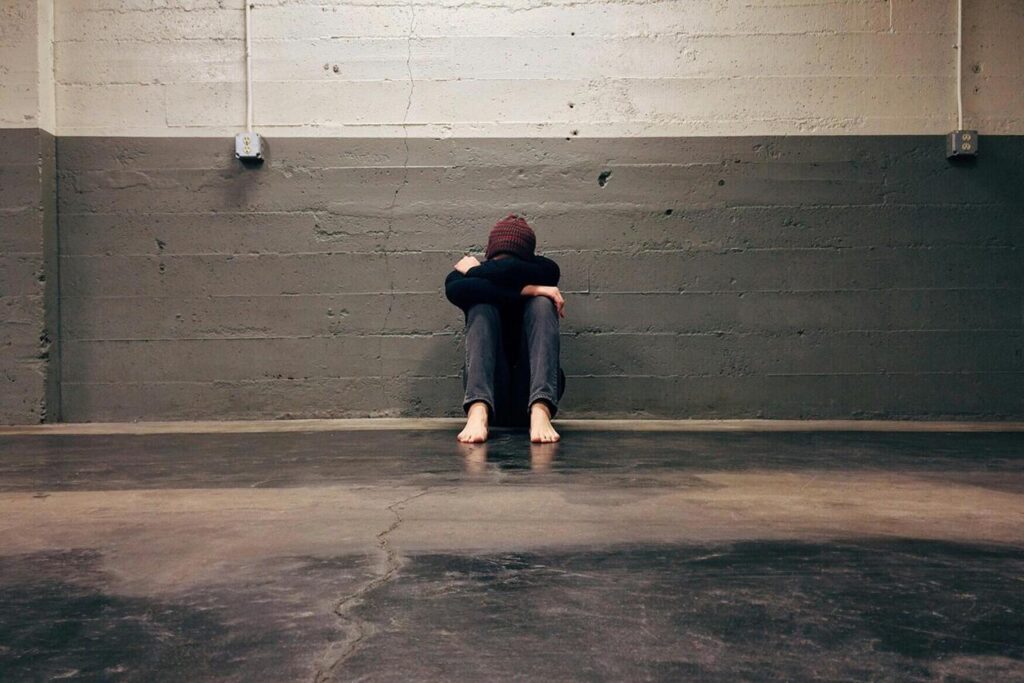Religious persecution is a grave human rights violation that affects millions of individuals worldwide. It manifests in various forms and has profound psychological, social, and economic impacts on affected communities. This blog delves into the repercussions of religious persecution and explores how it undermines societal harmony and individual well-being. By examining historical and contemporary examples, this article shows the persistent and pervasive nature of this issue. Understanding its impacts is crucial for building a more inclusive and tolerant world.
Psychological Toll
The persecution of Christians inflicts severe psychological trauma on individuals and communities. Victims often experience chronic stress, anxiety, and depression caused by constant fear and oppression. This relentless state of distress can lead to long-term mental health issues, including post-traumatic stress disorder (PTSD). Trauma affects individuals, disrupts familial and community relationships, and perpetuates a cycle of fear and mistrust. The psychological impact extends to future generations, as children growing up in persecuted communities often witness violence and discrimination firsthand. This can result in developmental issues and affect their cognitive and emotional growth.
Social Fragmentation
Religious persecution fragments social structures within affected communities. Discrimination and violence create deep rifts. In regions where religious groups coexist, persecution can incite communal violence, further fracturing social cohesion. For example, the sectarian conflict in Syria has caused immense suffering and dismantled the social fabric of the nation. These divisions hinder efforts to build peace and reconciliation, prolonging conflict and instability. Social fragmentation extends beyond immediate communities and negatively affects the broader society. Persecuted groups often face barriers to education, healthcare, and employment, leading to marginalization and socioeconomic disparities. This exclusion perpetuates cycles of poverty and inequality, as individuals and families struggle to access basic services and opportunities.
Economic Hardships
The economic impact of religious persecution is profound. Persecuted groups often face economic discrimination, including barriers to employment, property ownership, and access to financial services. This marginalization limits their opportunities for upward mobility and perpetuates poverty. In countries like Pakistan, religious minorities such as Christians and Hindus frequently encounter economic exclusion that prevents them from improving their living conditions. The broader economy suffers as persecution disrupts trade, investment, and economic stability. Regions marked by religious conflict often see decreased foreign investment and tourism. For example, the ongoing persecution of Uighur Muslims in China has led to international sanctions and trade restrictions that interfere with the country’s economic relationships. Addressing economic hardships requires both targeted support for affected communities and broader efforts to ensure economic inclusivity and equality.
Displacement and Refugee Crises
Religious persecution is a significant driver of displacement and refugee crises worldwide. Many individuals and families flee their homes to escape violence and discrimination. This creates complex humanitarian challenges, as host countries struggle to provide adequate resources and support for refugees. The Syrian civil war, fueled by sectarian divisions, has resulted in millions of displaced individuals, straining neighboring countries and international aid organizations. Refugees often face perilous conditions and limited access to necessities. Once in host countries, they may encounter legal barriers, xenophobia, and difficulties integrating into new communities. Ensuring the protection and support of displaced individuals requires coordinated international efforts and comprehensive policies that address both immediate needs and long-term integration.
Global Response and Advocacy
The global response to religious persecution involves a combination of advocacy, policy interventions, and humanitarian aid. International organizations work to raise awareness and hold perpetrators accountable. Campaigns and initiatives aim to highlight the plight of persecuted communities to mobilize global support and resources. For example, the International Religious Freedom Act in the United States mandates the government to monitor and address religious persecution worldwide. However, challenges remain in effectively addressing religious persecution on a global scale. Political interests, limited resources, and varying levels of international cooperation can hinder efforts to protect persecuted groups. Strengthening global responses requires robust international legal frameworks, increased funding for humanitarian aid, and sustained advocacy.
Conclusion
Religious persecution has far-reaching impacts on individuals and societies. It inflicts psychological trauma, fragments social structures, imposes economic hardships, drives displacement, and necessitates a strong global response. Addressing these impacts requires comprehensive efforts at both local and international levels. People should strive to promote inclusivity, protect human rights, and support affected communities. By understanding and combating religious persecution, people can work toward a world where everyone is free to practice their faith without fear.



